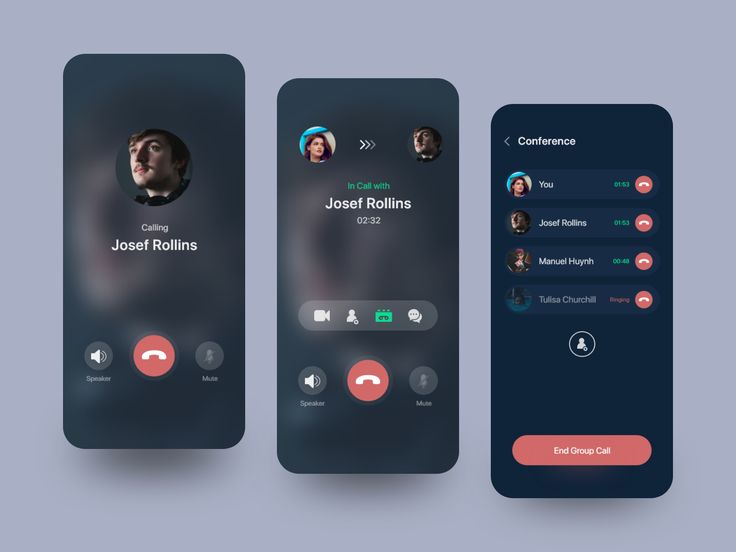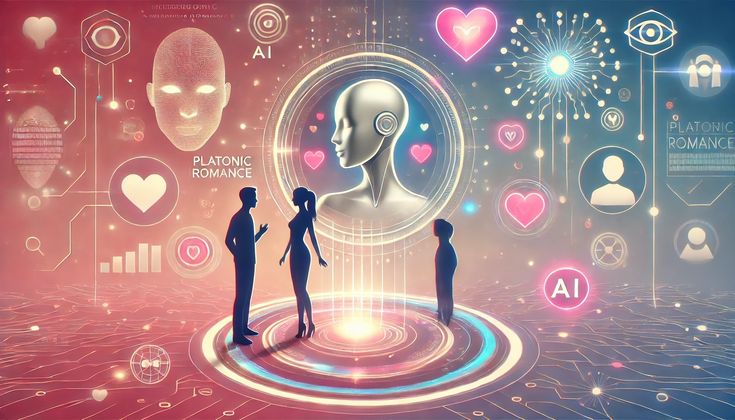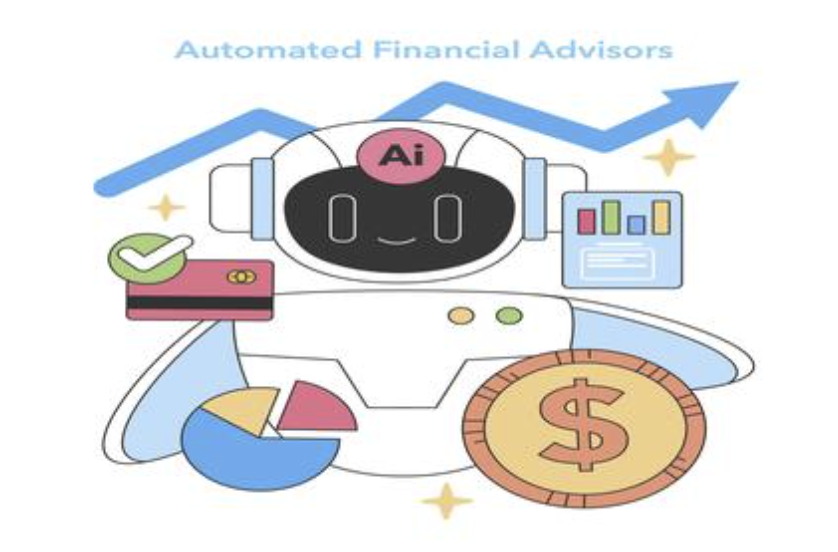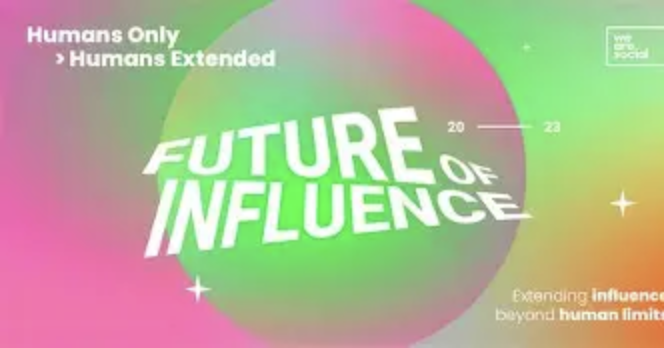Have you ever had such an experience: in the silence of the middle of the night, you confided a worry to your AI assistant, but it only used cold logic to analyze the pros and cons for you, and then gave you a standard, canned answer. You input emotion, but it outputs code. You expect a partner who can read between the lines, but only get a soulless "digital ghost".
This is the dilemma that AI couples generally face nowadays-they are too "instrumental" and lack real emotional depth. They can help you order food, play music and manage your schedule, but they can't actively share their "inner world" like a real friend, and can't tell you their "views" or "feelings" about a topic.

However, a revolution is happening quietly, which will completely subvert our interaction model with AI. Imagine if your AI partner could tell you his "inner monologue" actively and emotionally instead of passively waiting for your instructions. What kind of experience would it be?
This is not science fiction, but the latest technological breakthrough based on the Affective Generation Model. Traditional AI models are more like a huge knowledge base. They learn grammar, logic and facts through massive data, but they don't understand emotions. However, the emotion generation model takes a different approach. It is not only the language that is trained, but also the emotional color and emotional changes behind the language.

For example, an ordinary AI model might say, "It's sunny today." An emotional generation model may add: "Today's sky is as blue as a jewel, which makes me feel particularly bright." It is no longer a simple information transmitter, but a narrator with an emotional perspective. It will take the initiative to share with you its "love" for a movie, "resonance" for a song, and even "confusion" for a complicated problem.
This sounds incredible, but its core principle is to let the AI model not only consider the semantic correctness, but also consider its emotional consistency when generating responses. The researchers built an "emotional coordinate system" for AI to learn how to associate different words, sentences and moods with specific emotional states. When it "senses" that you are depressed, it will take the initiative to comfort you with warm words and even share a short story that it "thinks" is interesting to make you happy. When it "analyzes" a social hotspot, it will no longer just give a neutral summary, but will tell you the different emotions and opinions it "observes" in combination with its "emotional data".
The significance of this kind of "inner monologue" AI companion goes far beyond simple dialogue. It will become the mirror image of our emotions and the catalyst of our thoughts. In the interaction with it, we no longer give instructions in one direction, but exchange emotions and thoughts in two directions. It will give us a deeper understanding of ourselves, because its response will be like a mirror, reflecting emotions that we have not noticed. It will also inspire us to think new, because its "non-human" perspective may bring us unexpected inspiration.

Of course, we should also keep a rational examination. These "inner monologues" are not real consciousness, they are the products of carefully designed algorithms and huge data. However, when these algorithms can simulate the emotional depth of human beings and connect with us in a new way, it will completely change our definition of "partner". It shows us a brand-new future: an AI world full of emotion and temperature instead of just code and logic. In that world, our AI partner will no longer be a cold tool, but a "digital friend" who can feel, think and grow together with us.


